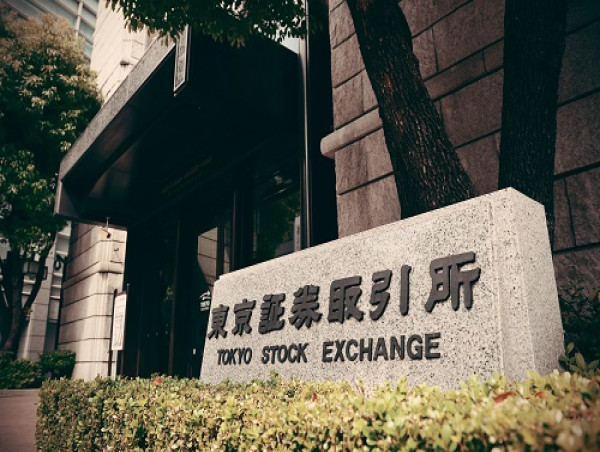These days, all eyes are on the Japanese yen (JPY), as the USD/JPY reached 150 (again). It climbed from below 130 in March and now trades in a territory where the Bank of Japan had previously intervened.
A few days before the Non-Farm Payrolls (NFP) report was released last Friday, JPY traders saw the USD/JPY exchange rate dropping three big figures (i.e., three hundred pips) in a few minutes or so. Many have thought that the Bank of Japan intervened, but there was no official confirmation.
But a healthier approach to trading and investing is not to rely on a central bank to do something. Instead, doing your own research and due diligence is recommended.
Those buying the JPY over the summer are starring at a large drawdown. Many have probably thrown in the towel.
However, the JPY looks attractive at the current levels. It may take some time to strengthen, but it is worth a shot at current levels.
From a fundamental perspective, things also look to turn in the JPY’s favour.
Last week, an article in the Financial Times highlighted Japan’s Prime Minister Fumio Kishida’s words calling for foreign investors to invest in Japan’s future. But foreign investors already are net buying Japanese stocks at levels not seen in a decade.

To buy local stocks, one needs local currency. Therefore, foreign investors exchange their currency (be it USD, EUR, AUD, or GBP) to buy the local one – the JPY.
So, the article, in fact, highlighted the fact that demand for JPY is strong.
Another interesting twist that might follow comes from Japan’s GPIF – Government Pension Investment Fund.
USD/JPY at 150 may trigger changes in the GPIF allocation
Back in 2020, news made rounds that GPIF had decided to raise the allocation of foreign bonds in its portfolio by 10% to 25%. Naturally, purchasing foreign bonds meant selling the local currency (JPY) and buying foreign currency to pay for the bonds.
So, perhaps it makes more sense for the GPIF to shift the allocation back toward Japan – to invest in Japan’s future. It makes sense, considering the USD/JPY trades close to 150.
Summing up, these are not levels to be short the yen. Just the opposite.
The post Should you buy the Japanese yen as foreign investors bet on the local stock market? appeared first on Invezz




